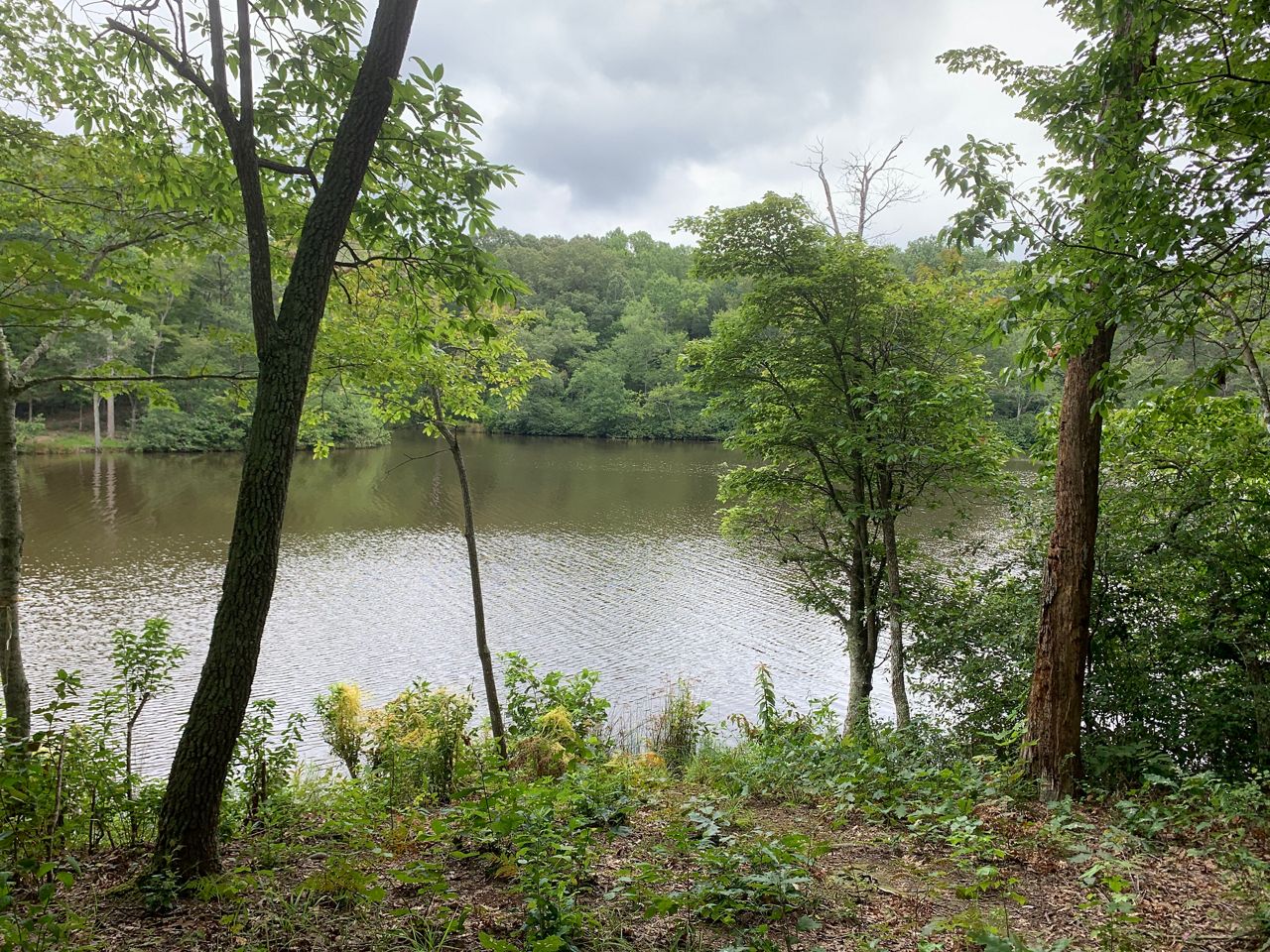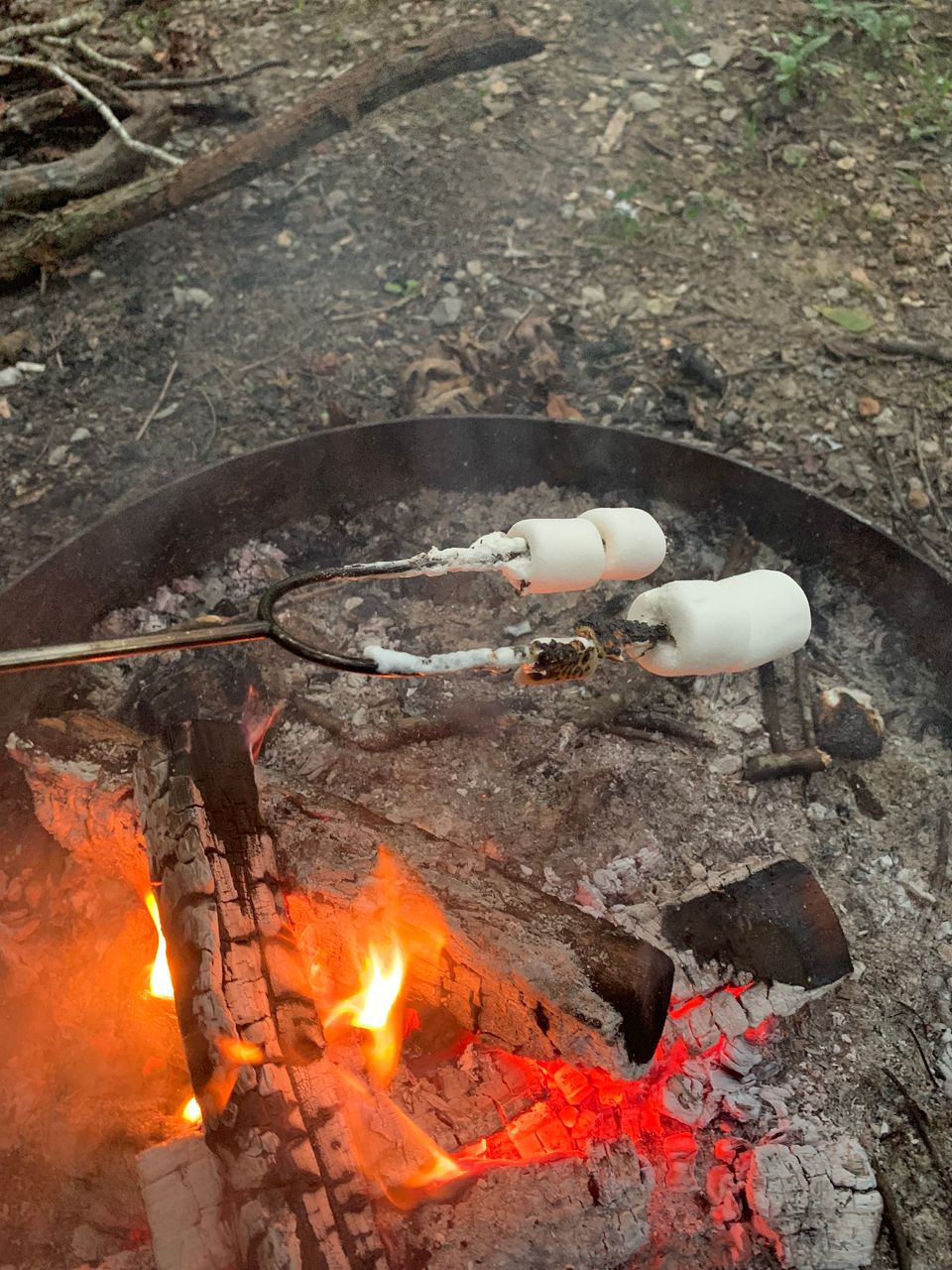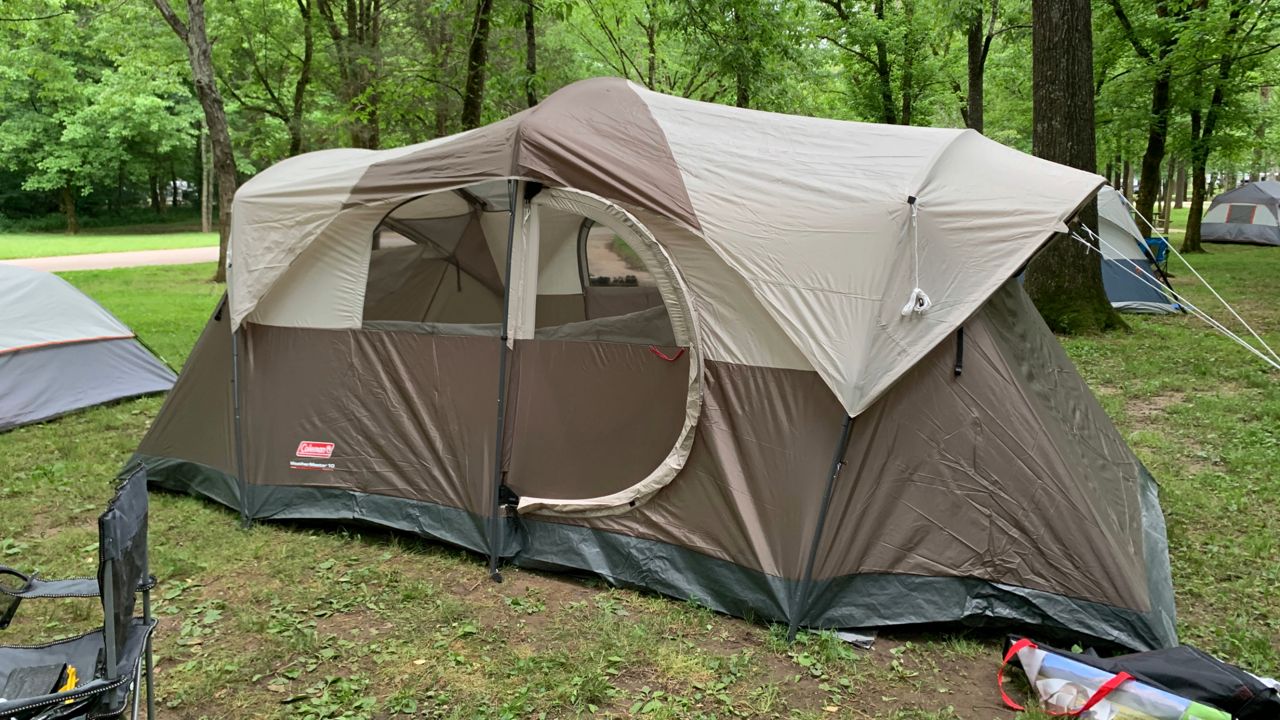Labor Day Weekend is the perfect weekend to go camping.
What You Need To Know
- Opt for reusable items for food instead of bringing disposable plates and cups
- Using natural body products cuts down on pollution to the waterways
- Pack the bikes and choose to ride or walk to locations within the grounds to cut down on fuel
Whether you love the outdoors or only camp occasionally, you can incorporate eco-friendly habits into your outdoor activities. Taking a few easy steps to prepare while camping can help to conserve and protect nature.
It may be easy to bring prepackaged snacks and meals, but it’s better to pack your own. Not only will you save money, but it reduces plastic and trash. Not to mention the healthier options.
Of course, there may be a few last-minute items you need to get from the camp store. If so, be on the lookout for the least artificial packaging and purchase items with Earth-friendly, biodegradable containers. And you don’t need the fancy marshmallow roasting sticks, actual sticks will work just fine.
Instead of using paper plates, plastic cups and cutlery, use reusable items. Most campsites have communal potable water, so bring a dishwashing bin and some dish soap. This will cut down in the trash.
Instead of napkins and paper towels, use towels or cloth napkins.
As for gear, opt for used gear. Check buy anything sites or Facebook marketplace. Used gear may be just as good or even better than new gear.
With many options from Stanley to Hydro Flask to Nalgene, reusable water bottles are not only trendy but on par with eco-friendly camping. Using these will cut down on the trash and plastic left at the campgrounds and with various faucets and even bottle refilling stations on the grounds, it’s easy to stay hydrated.
Don’t forget that any trash you create needs to be disposed of appropriately. Most campgrounds have bins for recyclables and garbage.
Bug repellent and sunscreen are essential for any camper, but some of these products can pollute waterways. Check the label and avoid products that contain permethrin.
Water-soluble products like sunscreen can pollute bodies of water. Avoid water-soluble when you can.

As for toothpaste and soap, you’ll want to stay at least 200 feet away from water when washing up or brushing. This will ensure that the toothpaste, which can take a long time to break down, won’t enter the water. Better yet, if there’s a bathhouse, perform your hygiene duties in there.
It’s important to only pitch a tent in an established camping area instead of making a new print on the ground.
Practice fire safety and know the burn situation before you arrive. If conditions are dry and windy, plan for other ways to cook food.

Remember to only have a fire in a designated fire pit and make sure you don’t place flammable items near it. Do not leave a fire unattended and even after you put the fire out, wait 45 minutes to ensure all flames are out.
Most campgrounds have beautiful trails and scenic overlooks. Leave the electronic gadgets at home and spend time in nature.
Pack the bikes and take the family on a ride exploring the grounds. Use bikes to travel from one side of the campground to the other, avoiding burning fuel when you can.
It’s also a good idea to choose a campground that’s not too far from home.
Check out some of the National Park campgrounds.
Our team of meteorologists dives deep into the science of weather and breaks down timely weather data and information. To view more weather and climate stories, check out our weather blogs section.



